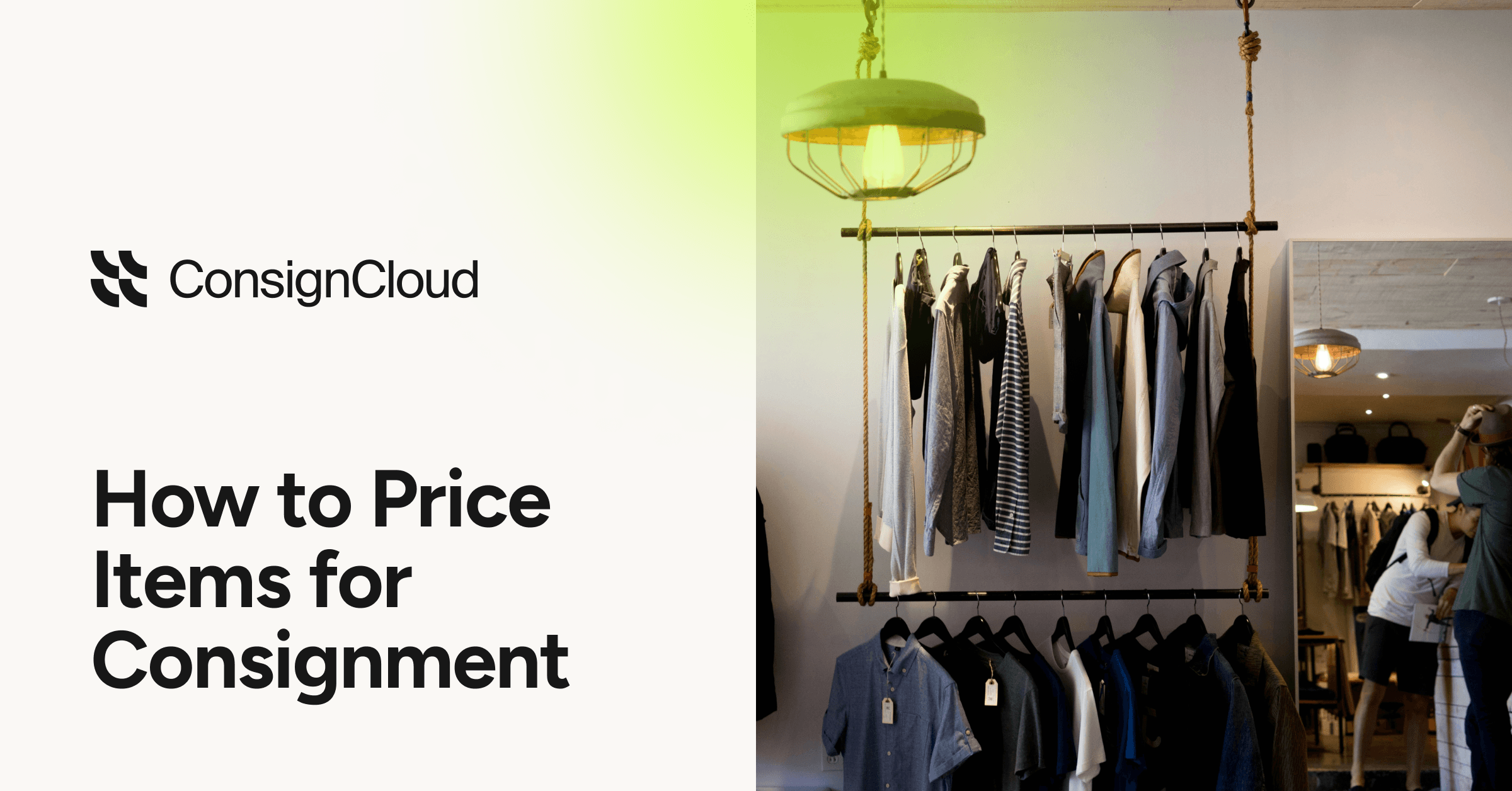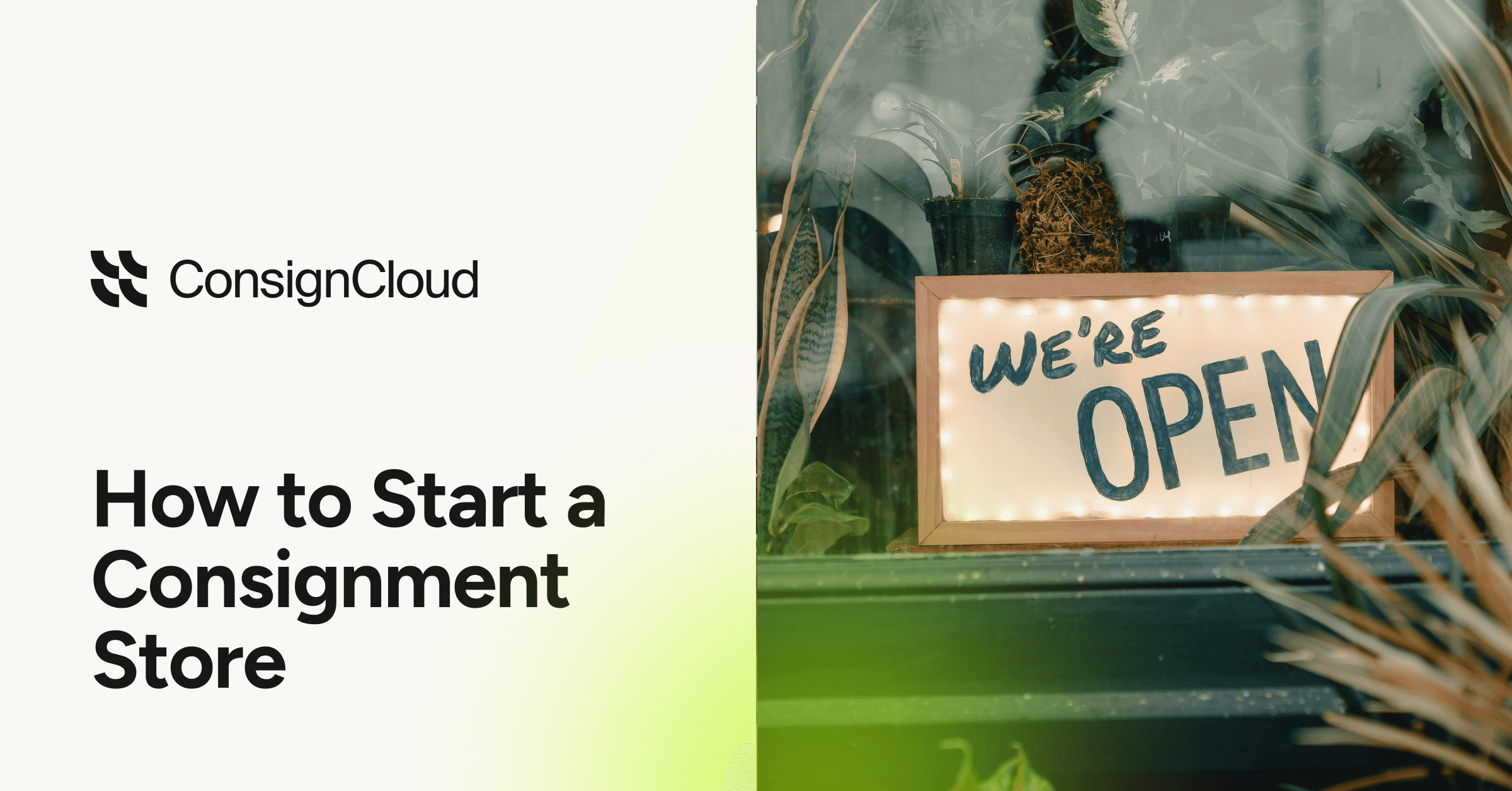Unlocking the Power of Purchase Orders in Consignment

Seth Thoburn
Feb 12, 2024
A purchase order is a source document which records an order from a supplier. It contains the details, quantities and prices of the items which were ordered. The purchase order becomes a legally binding document when the supplier accepts it.
A purchase order serves many useful purposes. Like other numbered source documents, it serves as an audit trail for incoming inventory. It lays out the terms of an order and provides protection for both the customer and the supplier. It is a legal document that can be referenced in case of any disputes.
The purchase order useful to not only the customer, but also the supplier. When the supplier goes to invoice the customer, he can use the purchase order to identify discrepancies. Additionally, he can reference the purchase order to see what terms were agreed upon.
Purchase Orders And Consignment
While it might be easy to see the value of purchase orders in a retail context, this document is less common in consignment. However, it is just as useful. Like in retail, purchase orders serve as excellent records and protections for all parties involved.
With consignment, the store does not purchase inventory, but simply receives it. However, a purchase order still provides protection for the store and the consignor. Rather than a record of a purchase between a customer and supplier, it records the store’s receiving items from a consignor.
Creating Purchase Orders
Software like ConsignCloud can automate the creation of professional purchase orders. With a signed purchase order detailing the terms of each item a consignor brings in, you have a clear record of your agreement. Saving even more time, the consignor can reference this document rather than contacting the store.
Purchase orders can also bring clarity to negotiating inventory intake. A consignor can draft a purchase order, which he then sends to the store. The store and the consignor will take turns modifying this purchase order. Once the result is agreeable to both parties, the consignor signs the purchase order and brings his items into the store. ConsignCloud can also automate this process.
Conclusion
In both retail and consignment, purchase orders are tools to prevent misunderstanding, ease communication and simplify negotiation. A software like ConsignCloud can further optimize this process, saving stores valuable time. This enhanced efficiency not only benefits businesses but also contributes to smoother and more productive interactions with suppliers and consignors.
In this post




